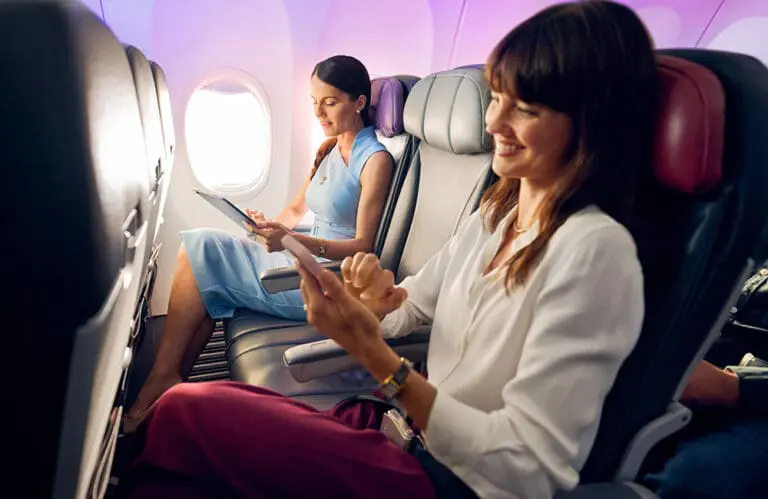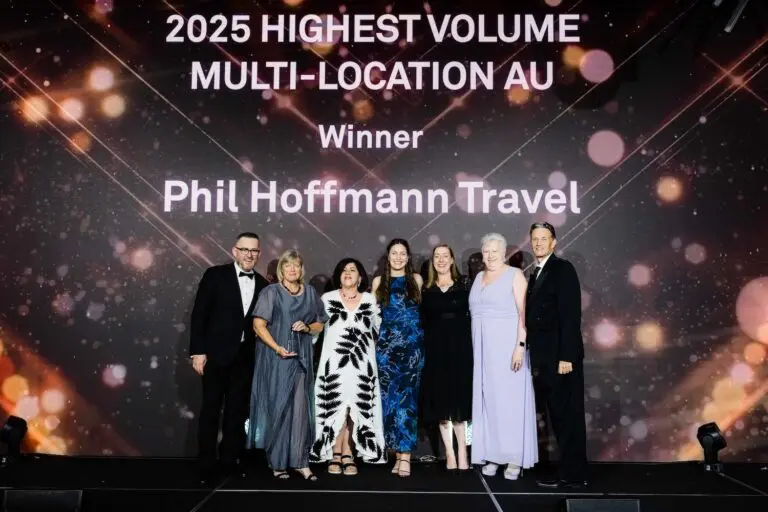As bleisure travel trends and digital nomads take up the opportunity to work from anywhere, travellers are looking for the best worldwide destinations to combine work and leisure and extend holidays into workations abroad.
In a ranking of the best global cities to combine work and leisure, Tokyo topped the list, but closer to home, Sydney and Melbourne only made it into the top 25 in the 40-strong destination rankings.
International Workplace Group’s (IWG) third annual Work from Anywhere Barometer ranked global destinations based on 12 criteria, including climate, broadband, flexible workspace availability to its own network, digital nomad visas and proximity to nature.

World’s best workation cities in 2025
Tokyo achieved the number one spot on the list of the world’s best workation cities, scoring highly for affordable food, broadband speed, infrastructure, safety, availability of IWG flexible workspaces, sustainability, cultural quality and overall happiness.
The Japanese capital also introduced a digital nomad visa in April 2024, which grants stays up to 12 months at a competitive cost, and benefits from its proximity to nature – ideal for hybrid workers to balance city ambience with natural escapes.

Tokyo just nudged out Rio de Janeiro (2) and Budapest (3), which both ranked for affordable accommodation and food and availability of digital nomad visas.
Rounding out the top 10 best workation cities are Seoul (4), Barcelona (5), Beijing (6), Lisbon (7), Rome (8), Paris (9) and Valletta (10).

Sydney ranked in 23rd place while Melbourne was a new entry at 24. While both cities scored high for climate (measured in total annual sunshine hours) and happiness, Australia was let down by the availability of digital nomad visas.
Destinations that actively attract digital nomads with visa availability include Valletta, Athens, Barcelona, Rome, Cape Town, Amsterdam and Sofia.

A recent IWG x Arup report found workplace flexibility could improve productivity by up to 11 per cent, while a new survey of US and UK hybrid workers also showed 60 per cent are more likely to extend a holiday to work remotely in 2025 compared to 2024.
A whopping 87 per cent of hybrid workers say the freedom to work from anywhere boosts their productivity while reducing burnout (85%) and improving work-life balance (87%).
Workplace flexibility is also a factor in retention with 78 per cent of workers viewing a work-from-anywhere policy as a significant factor when considering a new job.






